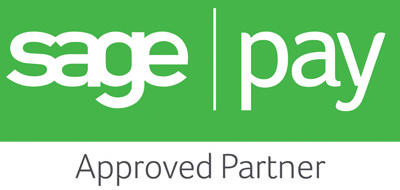How AI is Re-inventing Facebook Advertising
Facebook is always working to improve its user interface and advertising offering – by keeping both the users and the advertisers happy they can retain their user base and keep on growing, even when faced with competition from other social media platforms. They have done well to keep their position as the most popular social network and by watching and learning from what other channels are doing; they can stay one step ahead of the game.
Recently, Facebook made some changes to the way advertisers can target their ads to different types of user by allowing different copy, headline text and descriptions at the top level, similar to Google Ad's changes in 2018. Facebook's Artificial Intelligence (AI) system decides which combination of headline, copy and description will be displayed to each user, based on their preferences and their interaction history with other adverts. Advertisers can preview the various iterations of their adverts before making the campaign live, which allows them to check there are no contradictions or non sequiturs arising from mixing different headlines and copy. Currently the reporting for each campaign doesn't split out the data by each individual variation, but this may be a feature for the future.
They have taken this one step further with the latest updates and now advertisers can opt to let Facebook's AI decide which format an advert should appear in to each user. This allows for more personalised adverts which will appeal to the individual user, again based on data from each user's interaction with previous adverts. Facebook also wants to use intent signals to determine where a user is in a purchase journey, for example having clicked on a link, liked a company or brand page or leaving a review are all actions which can be interpreted to deduce whether a person is interested, has made a purchase decision or has actually bought the product.In theory, this should reduce the amount of adverts a user sees for something they have already bought, and will ensure any adverts they do see for a particular product will be more targeted to their unique position on the purchase journey.
International advertisers can also now use an auto-translate feature, which helps cut the amount of time it takes to set up different versions of ad copy for different languages. When users set their own language preference they will see ads in that language where the advertiser has opted to use the auto-translate feature. This is still worth investigating even if you don't ship abroad, because people whose first language isn't English may be using Facebook in their native language.
Facebook intends to invest heavily in more refined machine learning, to provide more control as well as more automated help to advertisers to ensure their campaigns are as successful as possible. This is relevant to advertisers at all levels, as small business or sole traders who keep their marketing in-house will save time, and larger organisations can also save time as well as leverage the future machine learning insights into better campaign performance.
In tests carried out by the social media giant they found that dynamic advertising capabilities increased campaign performance by up to 34% in terms of return on investment when compared to traditional carousel adverts, so there is mileage in these updates to the advertising platform. We can't wait to see what they introduce next.
